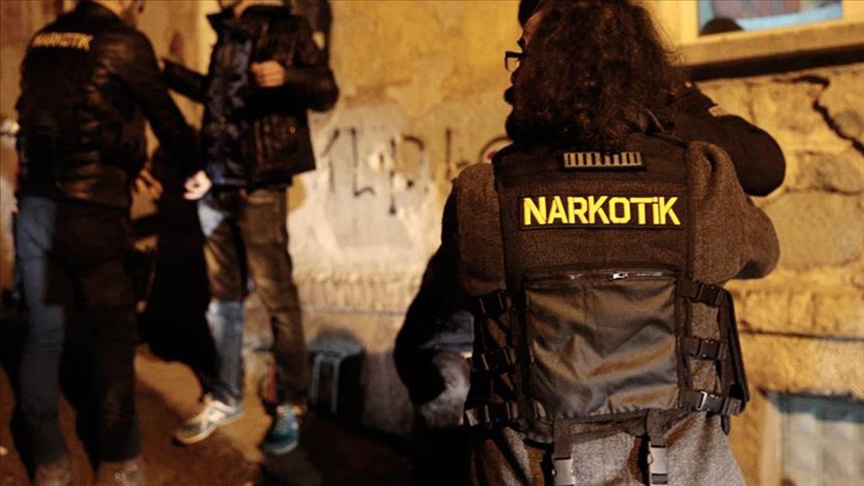
Türkiye faces a deepening drug crisis that threatens public health and social stability.
Known for its strategic location connecting Europe, Asia and the Middle East, the country has long been a key transit point for narcotics.
However, recent years have shown an alarming increase in domestic drug consumption, particularly methamphetamine, compelling authorities to intensify Türkiye's war against drugs.
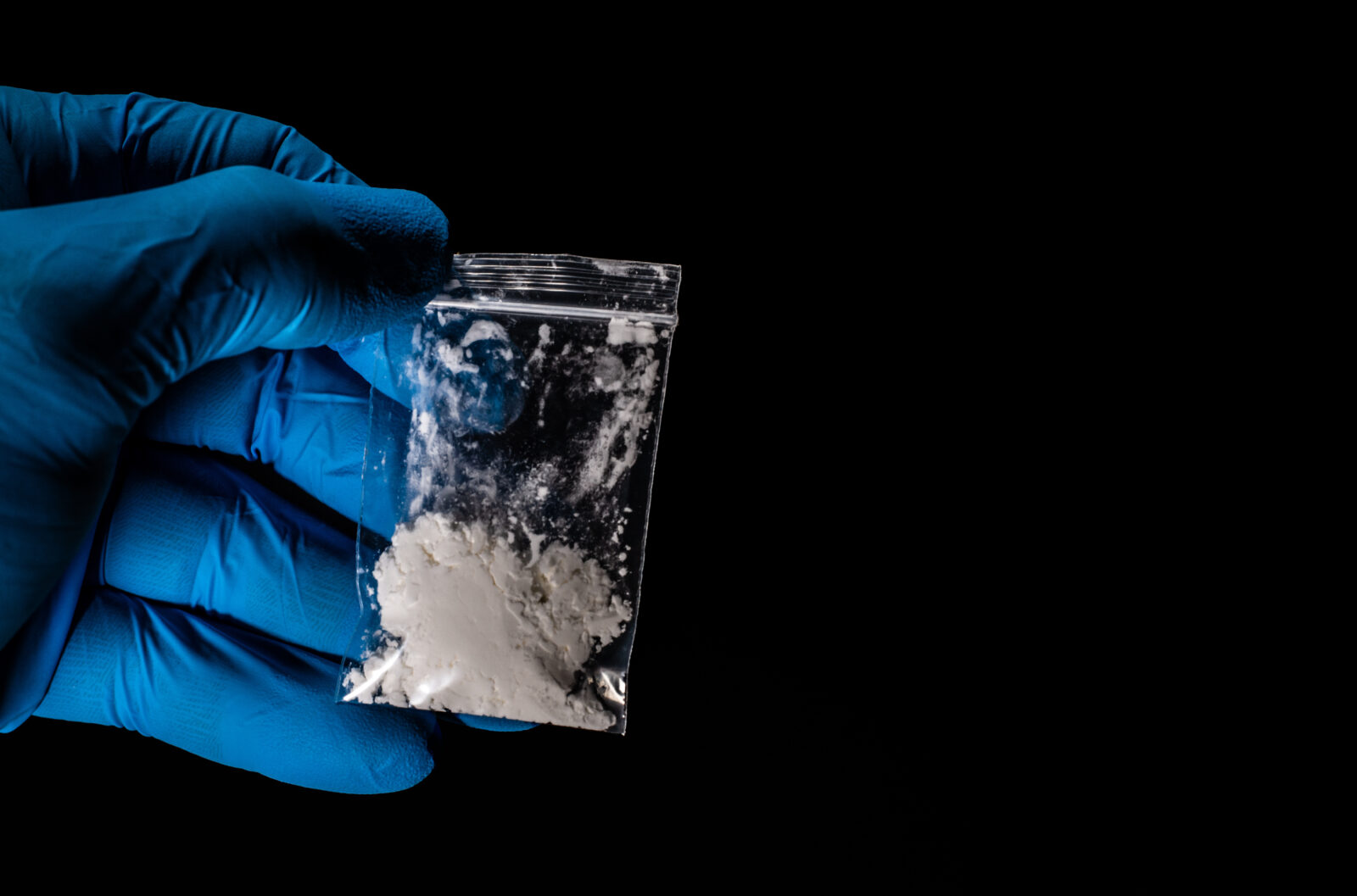
Methamphetamine use has become a growing crisis in Türkiye, affecting public health and safety at unprecedented levels.
Key details:
Why it matters:
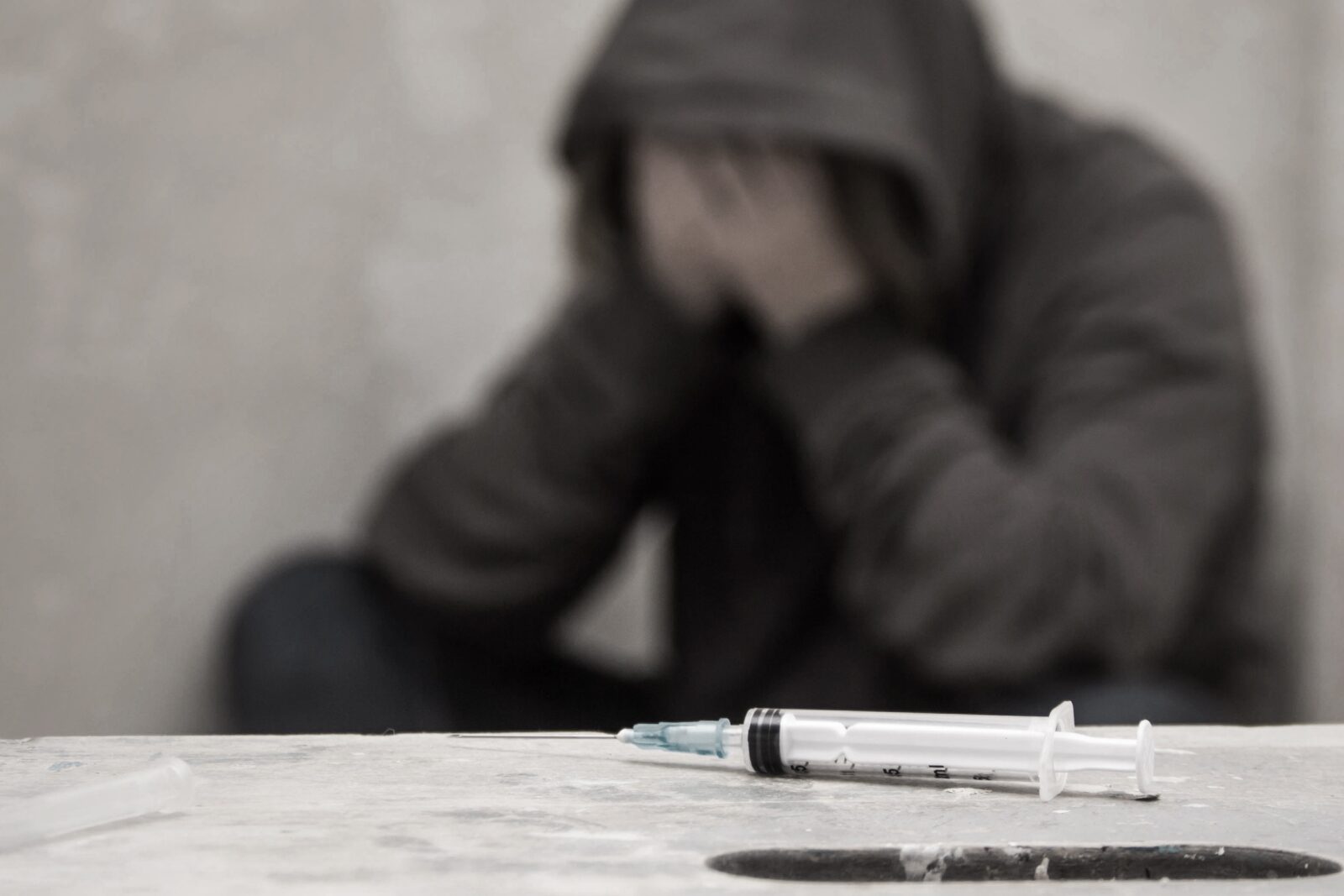
Türkiye has faced a sharp rise in methamphetamine trafficking and usage, with 2022 marking a record high of 77.7 tons seized, doubling the amounts from previous years.
This surge is largely attributed to the trafficking of Afghan-origin methamphetamine through Iran. Authorities also reported significant seizures of liquid methamphetamine, preferred by traffickers due to easier concealment. Facilities converting liquid methamphetamine into crystal form have been uncovered around Istanbul.
The year 2022 also saw 2.3 tons of cocaine seized, an 18% increase from 2021. Despite such large-scale operations in line with Türkiye's war against drugs, methamphetamine remains a dominant issue, making up 37.8% of all treatment cases recorded in 2022, alongside heroin at 37.4%.
Health experts, including professor Dr. Atasoy, emphasize the importance of scientific and evidence-based approaches, urging for a balanced budget that supports both law enforcement and preventive measures.
These developments reflect a deepening health crisis, as methamphetamine-linked fatalities climbed from 6.2% in 2018 to nearly 60% in 2022, indicating its expanding impact on public health and safety.
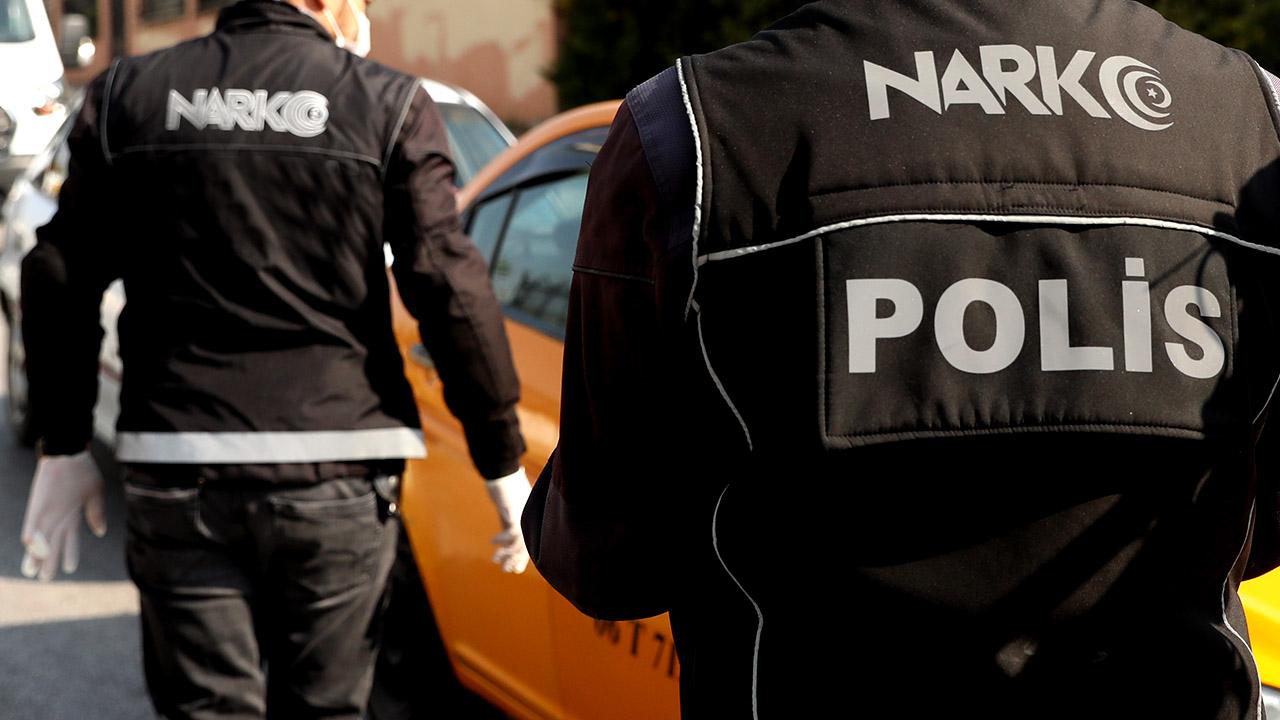
Türkiye's position along the Balkan Route and its connection to Middle Eastern and European drug networks make it central to narcotics trafficking.
A report from Dialogo Americas revealed that Turkish criminal groups have strengthened ties with Latin American cartels, contributing to an influx of cocaine.
Broader impact:
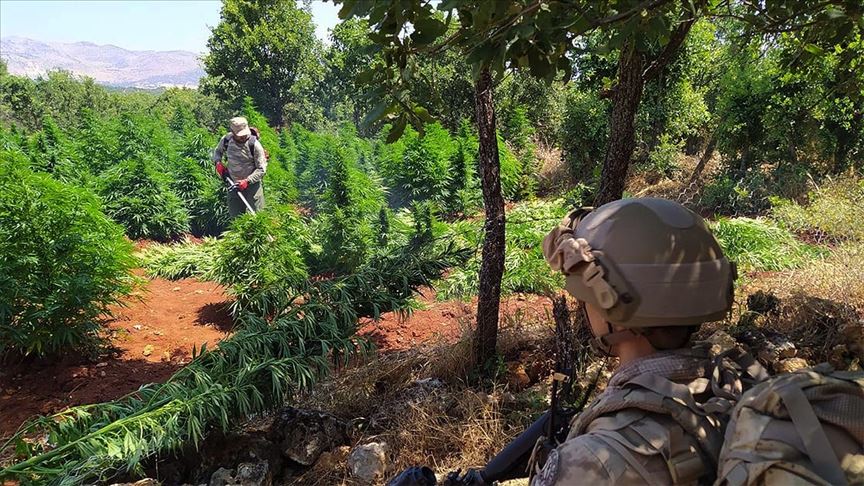
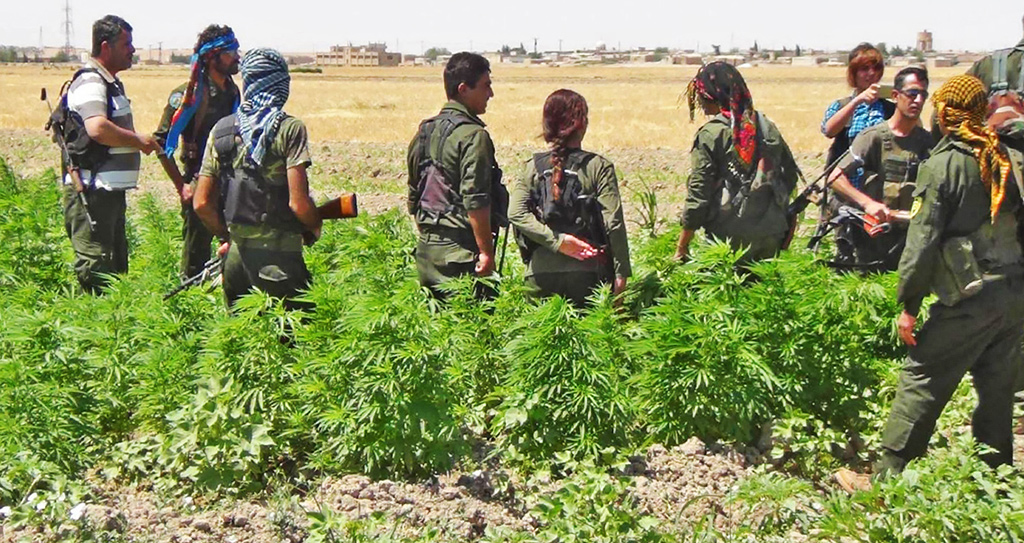
The Turkish National Police's 2024 report detailed the significant role of the PKK/KCK terrorist group in drug trafficking. This group oversees production and distribution, collecting "taxes" on narcotics transported through their controlled routes.
The PKK/KCK’s network reaches into European distribution channels, reinforcing Türkiye’s role as both a transit and a target market for drugs.
Türkiye's war against drugs and commitment to countering the trade has led to extensive operations. In October 2024, the "Narkocelik-41" operation saw 644 street-level dealers arrested, with over 5 million drug pills seized across 57 provinces.
This operation mobilized 1,603 teams and employed 41 narcotics detection dogs, reflecting the breadth of resources dedicated to tackling narcotics crime. Earlier that month, targeted raids in Istanbul's Beyoglu and Gaziosmanpasa districts led to 47 arrests and the confiscation of narcotics and unlicensed firearms.
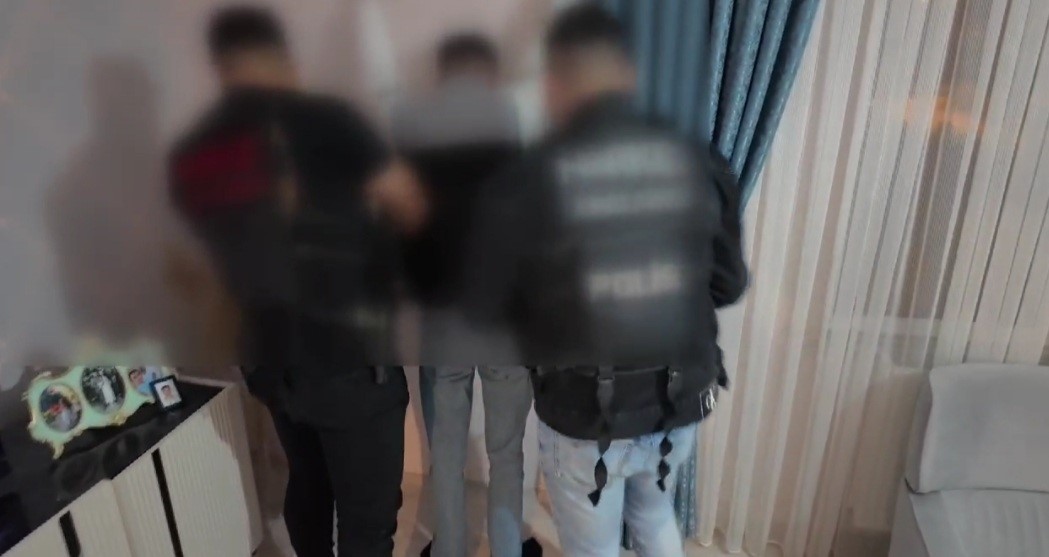
Beyond enforcement, Türkiye has invested in community-driven prevention programs. One notable initiative is the "Mothers are the best drug police" (En Iyi Narkotik Polisi Anne) project, which has reached over 350,000 mothers by 2024.
This program educates mothers on recognizing signs of drug use and preventive strategies. The focus on households comes from the finding that most drug use happens at home. The project also holds sessions in schools, cultural centers, and factories to reach a broader audience.
The Narko-TIR program is another significant effort. This mobile educational unit travels across the country, featuring interactive exhibits that inform the public about the dangers of drug use and inform citizens about Türkiye's war against drugs.
Visitors engage with touch-screen displays to learn about the impacts of drugs and how to protect themselves and their communities. This innovative approach aims to create awareness and reduce the likelihood of drug dependency among youth.
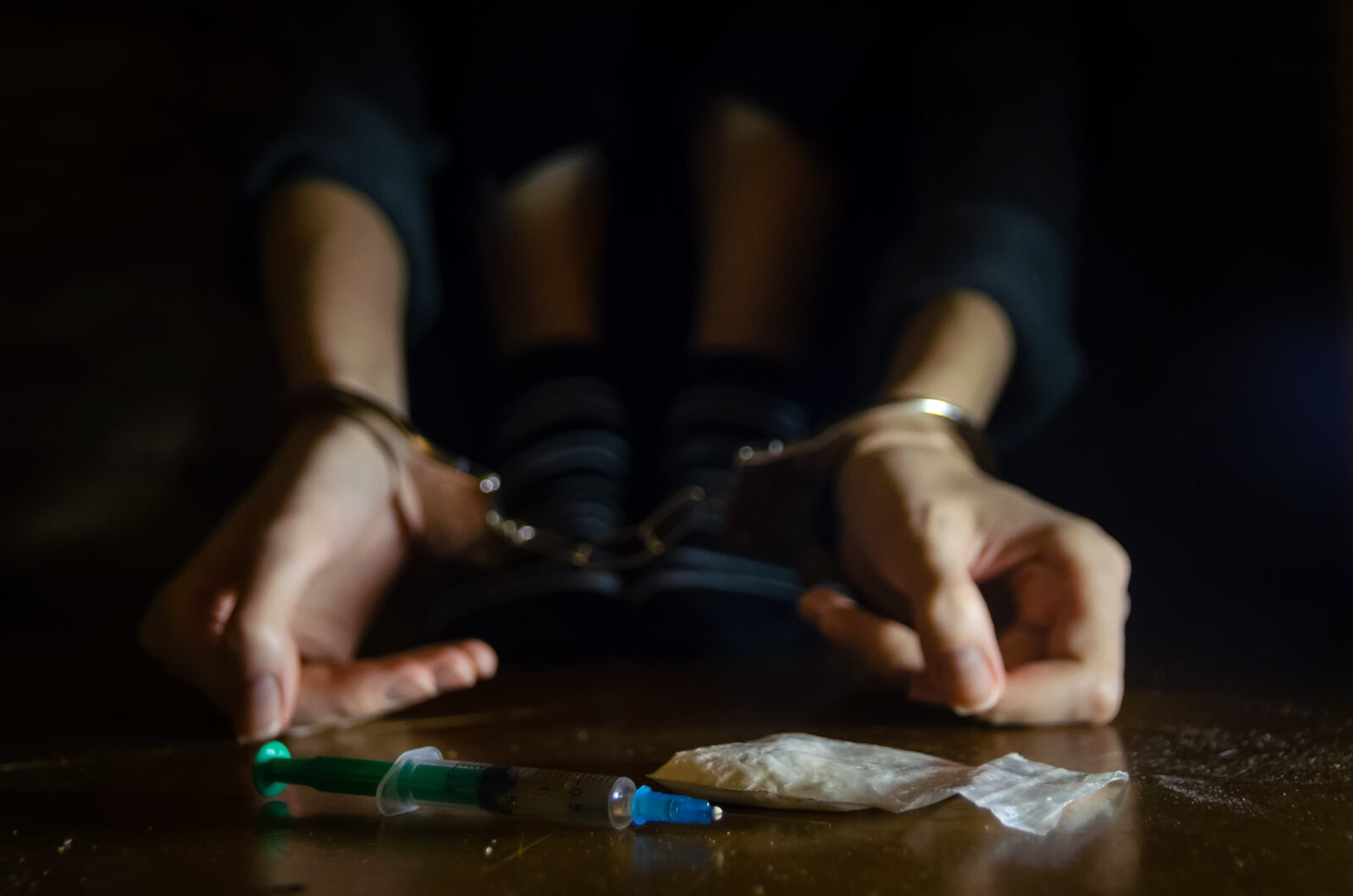
Despite these extensive measures, challenges remain in Türkiye's war against drugs. Türkiye's geographic location continues to attract organized crime groups seeking new trafficking routes.
Methamphetamine flows from Iran into Türkiye, where it is either consumed domestically or trafficked further into Europe. Additionally, the PKK/KCK's involvement reflects the connection between drug trafficking and broader security issues.
Balancing law enforcement with community-driven prevention efforts has become increasingly important as drug trends evolve. By 2023, the Turkish government dedicated over $6.9 billion to anti-narcotics initiatives, underlining its determination to address the crisis.
However, the rise of synthetic drugs and shifting trafficking routes continue to challenge Türkiye's war against drugs.
Experts note that the global scale of organized crime demands stronger international partnerships to effectively disrupt supply chains. Türkiye’s commitment to comprehensive strategies remains crucial as it navigates the complexities of both domestic and international drug networks.